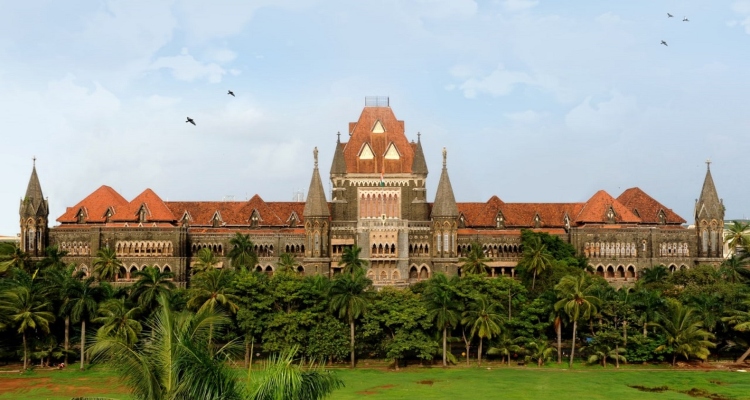
The Bombay High Court on thursday granted a three-month stay on the proceedings against Patanjali and its promoters, including Baba Ramdev and Acharya Balkrishna, in a case related to an alleged illegal advertisement.
Advertisement In Newspaper
The case stems from a complaint filed by the Palakkad Drug Inspector, who alleged that Patanjali had published an advertisement in Mathrubhumi newspaper on September 30, 2023, promoting their product ‘Mukta Vati Vati Extra Power.’ According to the complaint, the advertisement fell under the category of ‘prohibited advertisements’ as defined under the Drugs and Magical Remedies (Objectionable Advertisements) Act, 1954.
Allegations Of Inducing Self-Medication
Authorities contended that the advertisement was intended to induce patients to purchase the drug, potentially leading to self-medication and the use of the product without medical supervision, which could have harmful effects. During an inspection of Patanjali’s premises, officials found the drug stocked for sale. The complaint further argued that the label on the product claimed it was ‘useful in blood pressure (cardiac disorder),’ which allegedly constituted an advertisement under the law.
Patanjali Seeks To Quash Proceedings
Seeking to quash the proceedings, Patanjali, along with Ramdev and Balkrishna, approached the High Court. One of their key arguments was that the case was filed beyond the legally prescribed time limit. As per Section 468 of the Code of Criminal Procedure (CrPC), offences with a maximum punishment of six months imprisonment must be reported within one year. However, in this case, the Magistrate took cognizance on October 28, 2024, beyond the deadline.
Defense Arguments Against Charges
Additionally, Patanjali’s legal team argued that the advertisement did not violate Section 3(d) of the Act, which is meant to prevent misleading claims about magical remedies. They emphasized that the product’s label itself included a disclaimer stating that it should be used only as prescribed by a registered medical practitioner, thus preventing its direct use as a ‘magic remedy.’
Another argument put forth was that under the Bharatiya Nagarik Suraksha Sanhita (BNSS), Section 223 mandates that a Magistrate cannot take cognizance of an offence without first giving the accused an opportunity to be heard. Patanjali claimed that this mandatory step was skipped in their case.
Legal Representation
Senior Advocate Ajith Kumar represented Patanjali, Ramdev, and Balkrishna, assisted by advocates Cyriac Tom, Shiv Shankar, and Ananthu Bahuleyan from Quint Law Partners, along with advocates Yagyawalkya Singh from D&Y Law Chambers and advocate Sanjay Singh.
The High Court has now placed the case on hold for three months, providing temporary relief to Patanjali and its promoters as the legal battle continues.
Read More: Supreme Court, Delhi High Court, States High Court, International




